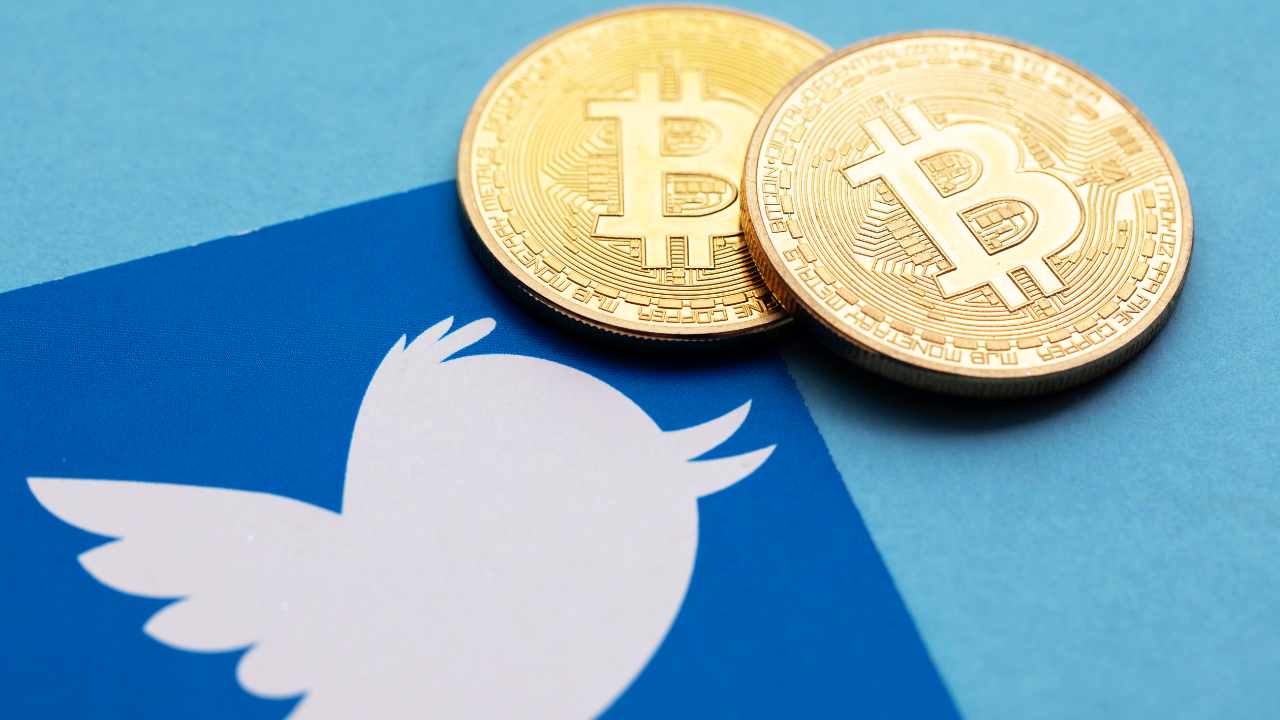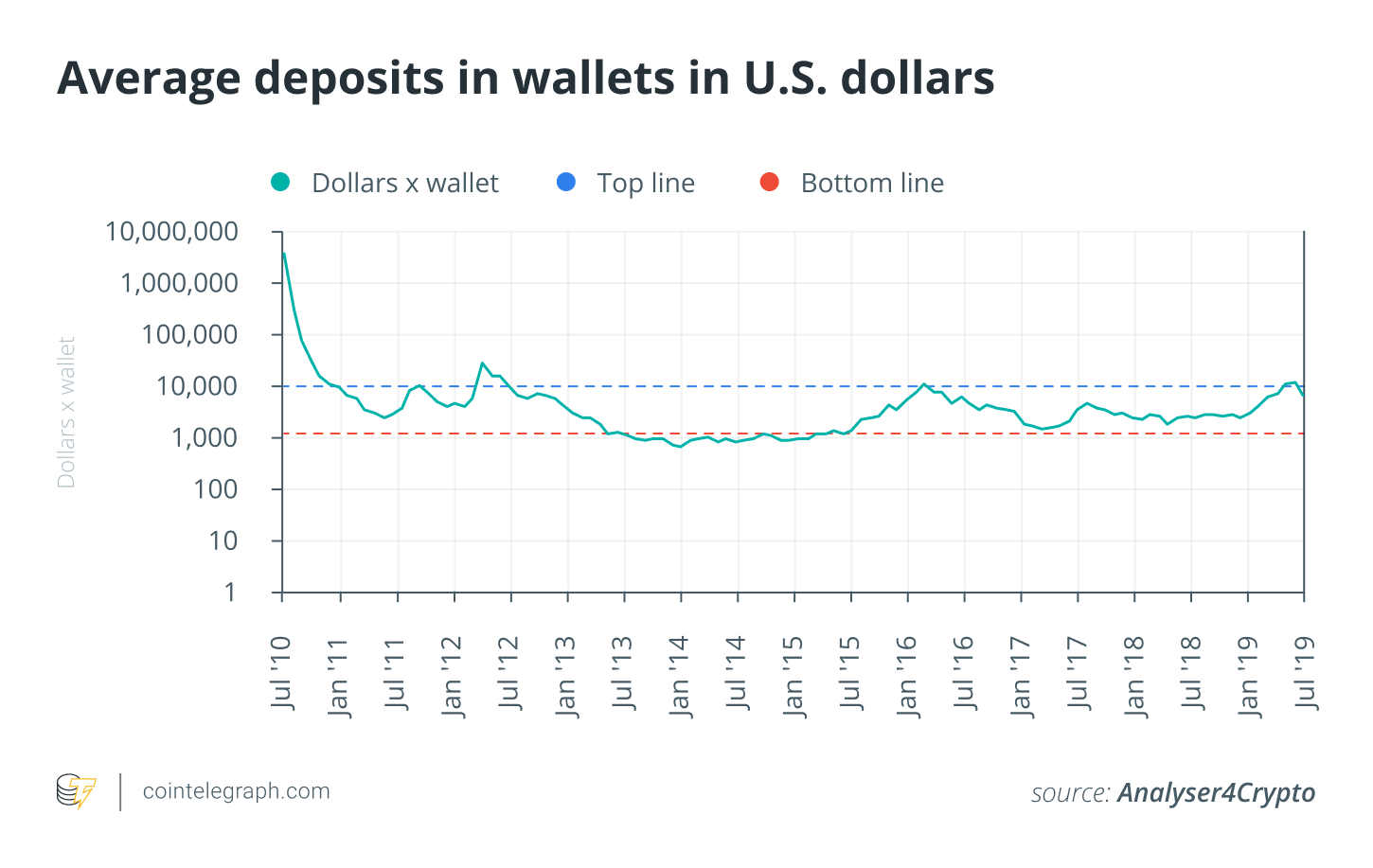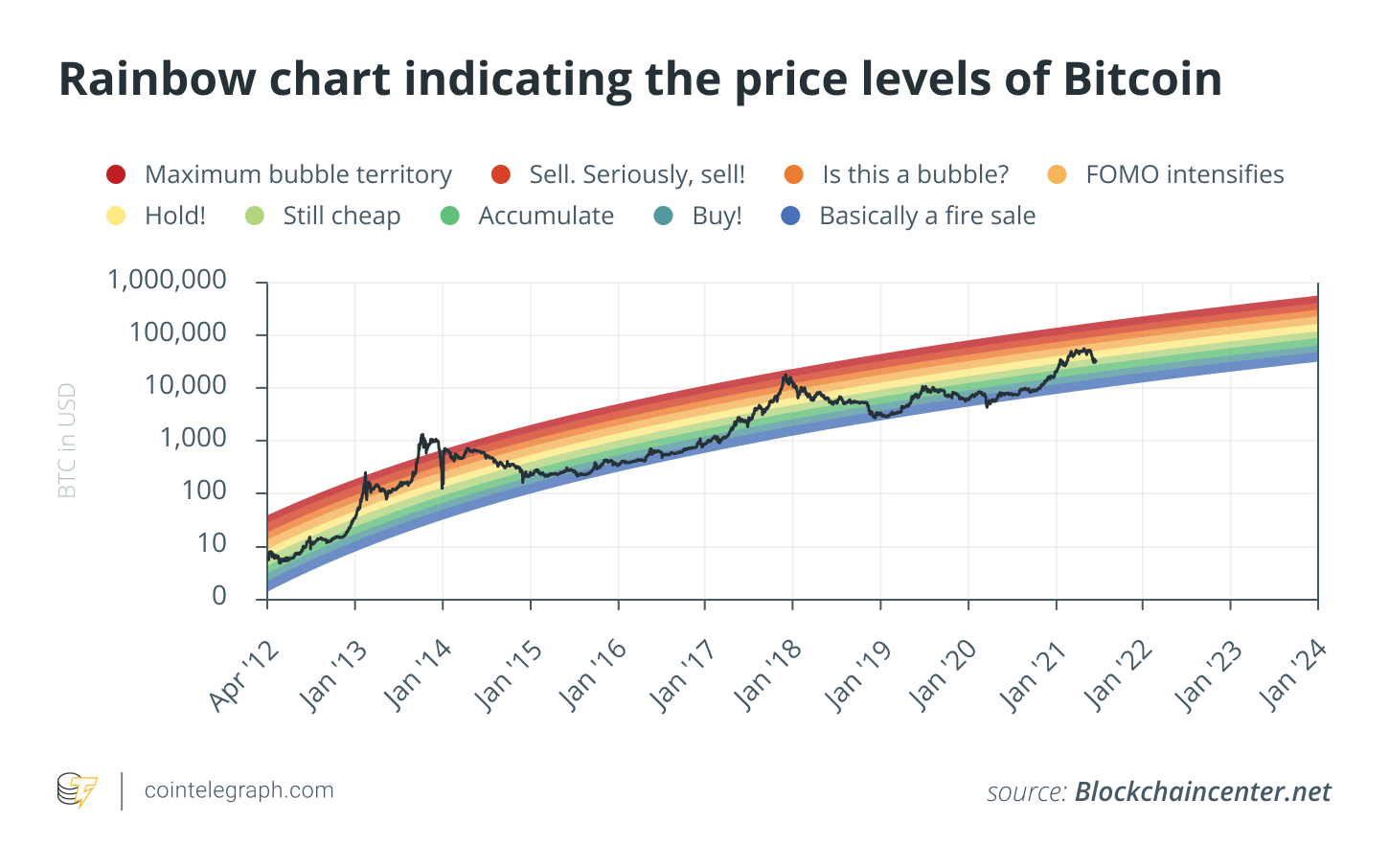
Chivo Bitcoin wallet was taken down for five hours for maintenance after users reported various issues with the application.
El Salvador’s Bitcoin (BTC) adoption drive met its first roadblock after citizens reported problems downloading and operating the state-run Chivo wallet.
While the wallet was taken down soon after it went live, Salvadoran President Nayib Bukele later announced that all the issues related to the BTC wallet have been fixed. He tweeted:
“We have finished today’s maintenance of Chivo wallet. Report any malfunction here, in the comments.”
Soon after El Salvador’s implementation of the Bitcoin Law, Chivo wallet was reportedly launched on major app stores, including Google Play, Huawei AppGallery and Apple App Store.
After numerous user reports of system downtime and download issues, Bukele announced a maintenance period to improve the user experience and fix reported problems:
“We will disconnect the system from 1am to 6am to make these adjustments. Our teams are ready. We hope tomorrow is much better.”
Currently, the Chivo wallet in the Google Play store will only be supported for the Samsung Galaxy S20 and Samsung Galaxy S21.
While the service has resumed, Salvadoran authorities have requested citizens to report Chivo-related technical issues that will be addressed to “improve everyone’s experience.”
Related: El Salvador says merchants must process BTC transactions — Or they may face action
As Bitcoin’s status as legal tender in El Salvador is now official, the legal counsel to the president, Javier Argueta, has announced a mandate for local businesses to accept BTC.
Businesses still reserve the right to choose between BTC and the United States dollar for final payouts. The Chivo wallet has an option for merchants to convert their Bitcoin income into dollars automatically.
American fast-food giant McDonald’s has also started accepting Bitcoin payments in the country.

















